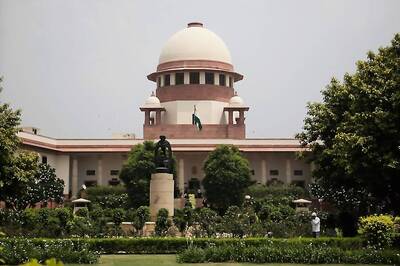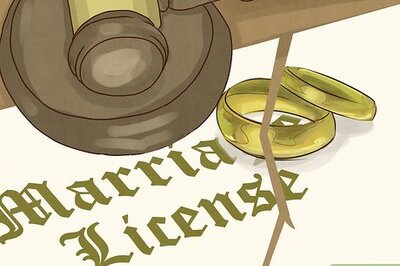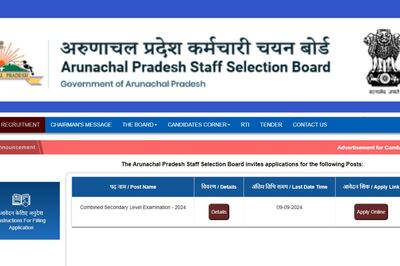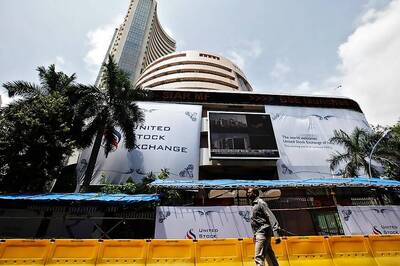
views
Bhopal: Twenty-six years after the Bhopal gas tragedy which claimed thousands of lives, a local court trying the case would pronounce its verdict on June 7.
Chief Judicial Magistrate Mohan P Tiwari said Thursday he will pronounce the judgement on June seven on the toxic leak from the Union Carbide India Limited (UCIL) factory (now defunct), after the arguments of prosecution, CBI, and defence of eight accused drew to a close in the 23-year-old trial.
During the trial, 178 prosecution witnesses were examined and 3,008 documents were exhibited.
CBI counsel C Sahay has argued that the world's worst industrial disaster occurred due to defective design of the UCIL's factory and poor maintenance.
Sahay told the court that the Union Carbide Corporation, USA, surveyed the UCIL's Bhopal factory in 1982 and found serious safety and maintenance lapses on nearly 10 counts.
He contended that even after UCC experts' team visit adequate safety measures and maintenance work did not take place in the UCIL.
The prosecution argued that even the experts' team of the central government which visited the UCIL plant, after the toxic leak from it in 1984, found that safety norms and maintenance work had not been properly carried out in the factory.
Sahay has contended that the expert team has found the design of the plant defective which led to the tragedy.
On the other hand, the defence counsels D Prasad and Amit Desai maintained that maintenance and safety norms were properly adhered to in the factory.
They said experts from Union Carbide Corporation, USA, who had visited the UCIL Bhopal's plant did not find any fault in the unit following the death of a worker in 1982 -- two years before the tragedy.
The defence contended that the UCIL was so much concerned on safety front that after the death of one Mohammed Ashraf Khan, it reported the matter to the UCC, which carried out a safety audit.
After the UCC team's visit, its recommendations to further improve safety measures were taken care of in the stipulated time. The defence counsels have also refuted the charge that UCIL Bhopal was running into losses and as a result of it, the unit was not in a proper shape.
Defence counsel Prasad told the court that the UCIL had 17 factories across the country and except Bhopal unit, all others were earning profit. The UCIL as a whole was running in profit and its Bhopal unit staffers' salary was hiked before the Gas tragedy took place.
He said there was no retrenchment in the Bhopal unit and it had adequate work force.



















Comments
0 comment